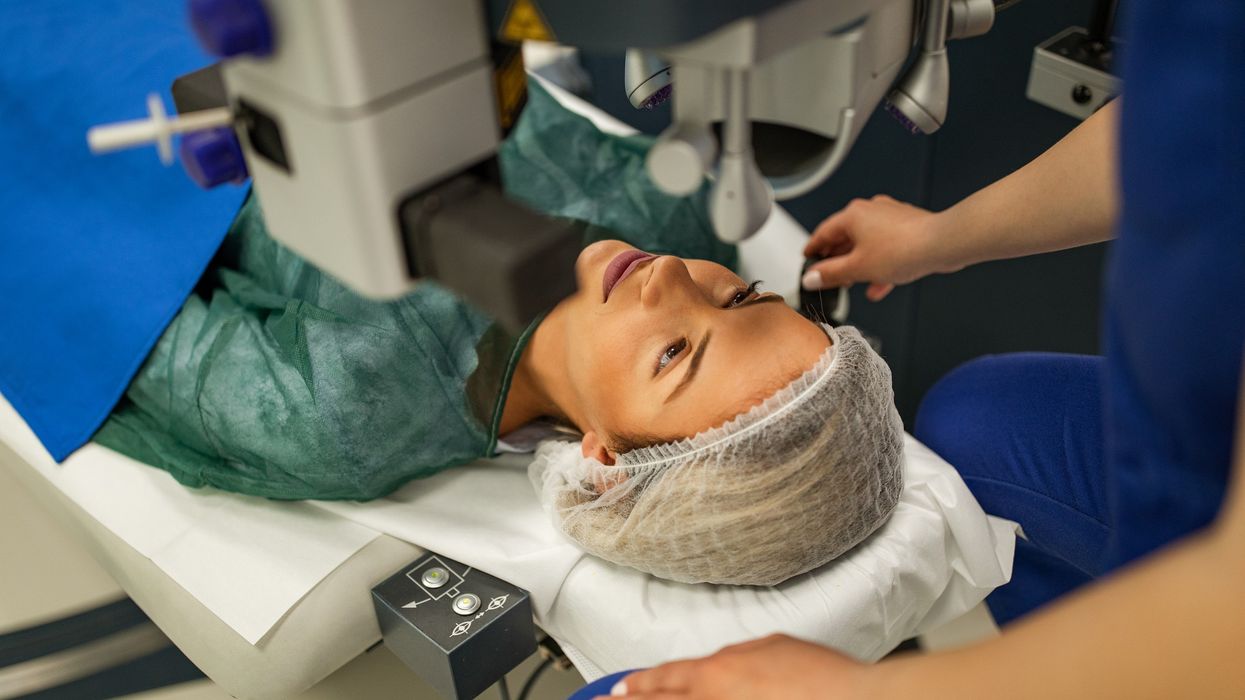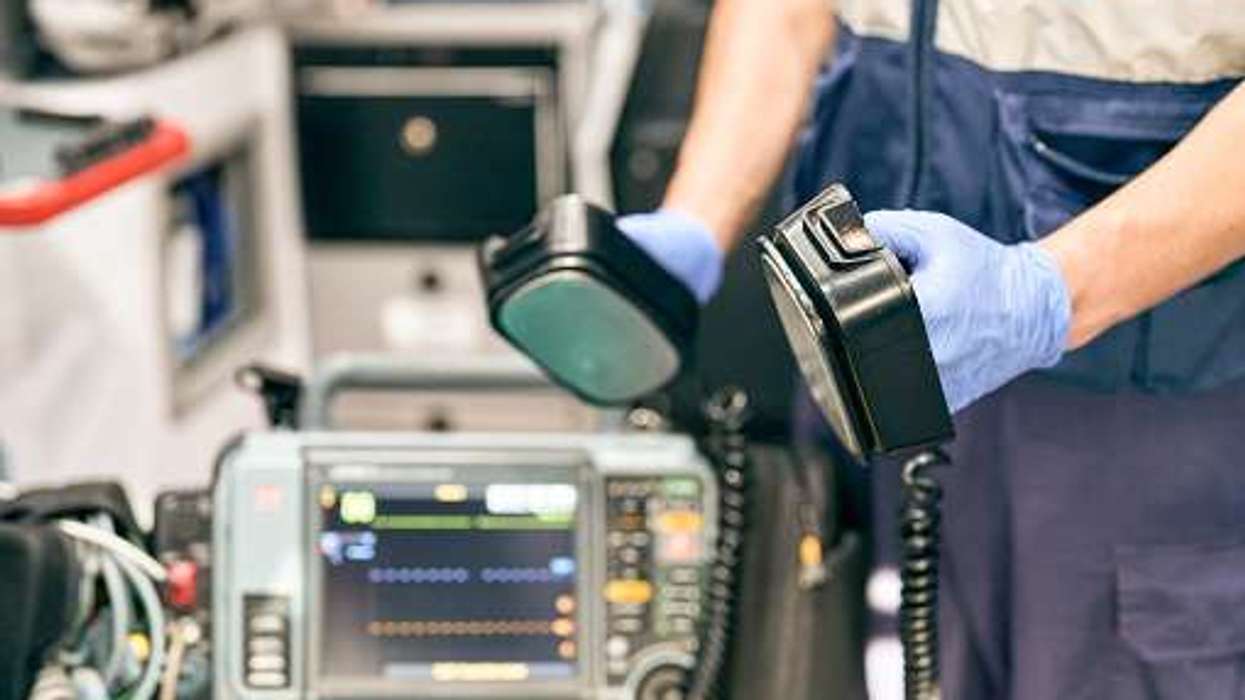Cataracts and newborn care are now the leading reasons people end up in hospital in England, according to study by The ID Band Company, a maker of personalised medical bracelets.
The company analysed NHS England data from 2018 to 2024 to find the most common reasons for hospital stays.
Cataracts topped the list with 374,072 hospital admissions, a 17 percent increase from the previous year.
This was followed by newborn infant care with 365,425 cases. However, it showed a decline with admissions falling by 2 percent from the previous year.
Senile cataracts – age-related clouding of the eye lens – placed third with 338,411 admissions, an increase of 5 percent from 2022-2023.
Abdominal and pelvic pain was the fourth most common diagnosis with 319,813 hospital admissions, rising 5 percent from the previous year, followed by chest pain, with 266,281 admissions, a 10 percent increase from last year.
Pneumonia (organism unspecified) showed one of the sharpest increases, rising 18 percent to reach 248,725 admissions. At the other end of the scale, some conditions witnessed a sharp decline hospital admissions last year.
The least common were problems linked to care-provider dependency, with just two admissions nationwide – a 34 percent drop compared with the year before.
Monkeypox was almost wiped out too, with only 10 cases, down a 98 percent fall following the 2022 outbreak.
A handful of mental health-related diagnoses also featured among the rarest.
Just 11 people were admitted for other adult personality and behaviour disorders (down 53 percent), while 16 admissions were recorded for unspecified personality disorders (down 12 percent).
Paula Lingard, business consultant at The ID Band Company, said, “These findings demonstrate the significant burden that eye conditions place on our healthcare system. With cataracts topping the list and showing double-digit growth, it's clear that our ageing population is driving increased demand for these treatments.
“The data also highlights the critical importance of accurate patient identification in hospitals, as medical staff need reliable ways to track patient care and prevent complications."
She stressed the importance of quickly identifying patients and understanding their medical needs, "something medical ID solutions can help support to ensure accurate and timely care.”












